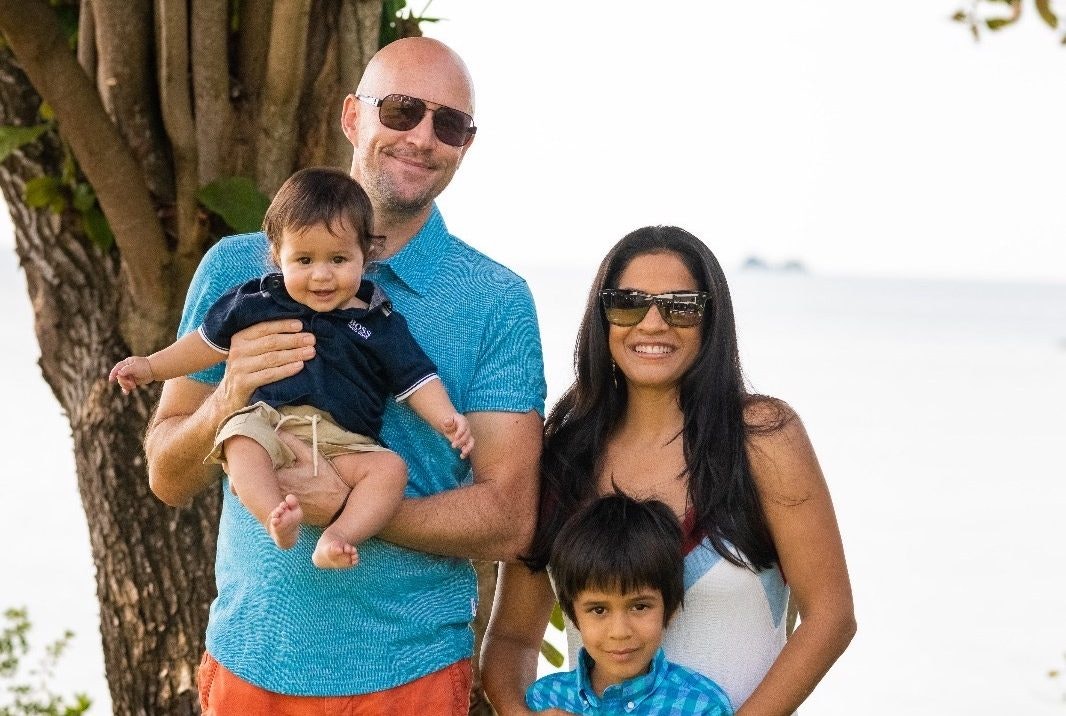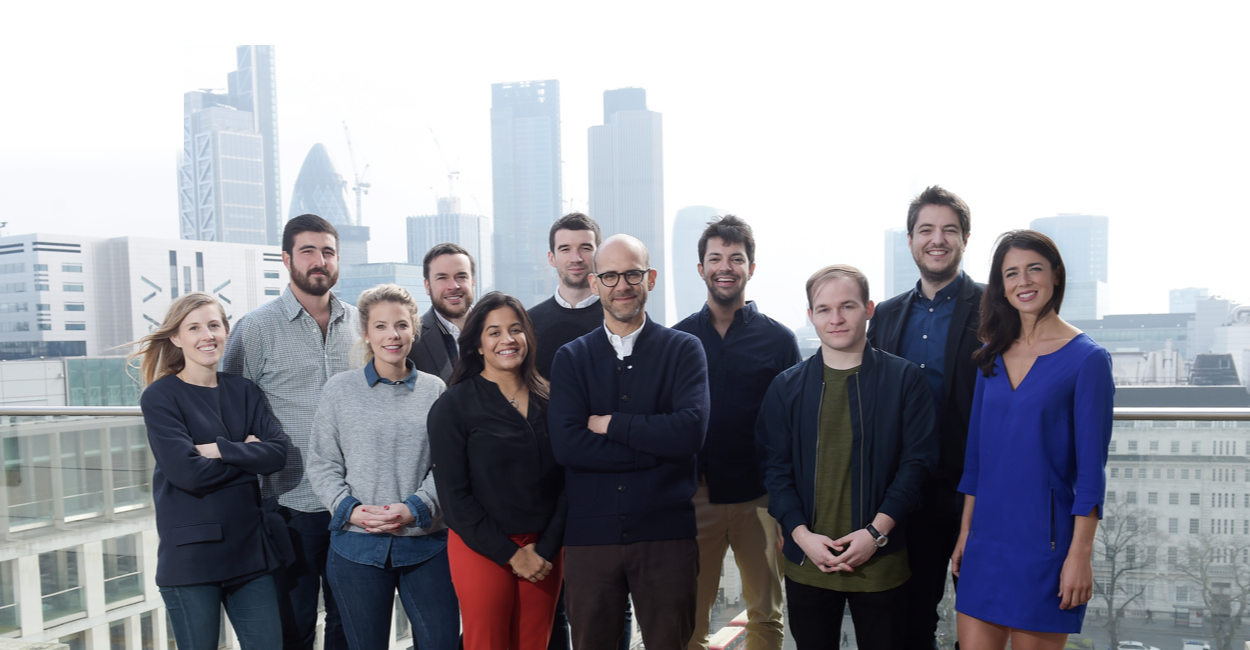If you are a working woman, there is never a good time to have children — whether that’s one or five. In my case it is two and neither of those times have been “good times”.
When I got pregnant at the end of 2011 we were a small team of four people just starting to make a mark. So when it was time to return to work, I didn’t even think about it. We were down 25% of our workforce, so there was no choice.
As the author of our maternity leave policy, I gave myself a leave of three months but really I was mentally back the night of the birth, online for the following three months, and physically back in the office 12 weeks later.

In retrospect this was a mistake — but it also made coming back to work easier as really, I never left. The intervening five years have been a difficult dance juggling family and building my business, the seed fund Seedcamp, while never finding the right time for Baby #3 (Seedcamp is Baby #1).
There is never a right time but when I got pregnant with Baby #3 five years later, it was a really bad time. We were negotiating the sale of our Funds 1 and 2 and in the midst of fundraising for our Fund 4. We have a brilliant team but from a personal standpoint, I am unclear how I managed to do both these things during the very difficult morning sickness and getting ill repeatedly.

But that’s not the point of this story. We were now a team of nearly 10 and I was determined not to make the same mistake again. So I took six months maternity leave, at full pay, based on a new policy written when one of my colleagues went on maternity leave.
I didn’t work the night I gave birth, I didn’t get online much, and I didn’t come into the office.
I didn’t work the night I gave birth, I didn’t get online much, and I didn’t come into the office. This was absolutely the right thing for our family and bond, but ironically it made it far harder to get back into work. I felt far more out of touch and fairly out of it upon my return. Being one of the very few women founders of a top tier VC fund, it is a difficult feeling to accept. And not even the most empathetic man/father can attest to the experience of it.
The VC industry is very much about what you’ve done lately. I was lucky enough to be active in my nine months of pregnancy so I only “lost” six months. But that loss of six months felt brutal upon return. I was missing the new networks, rusty on pitches, not connected into the dealflow, missing half a year of operations of our companies, and so forth.
Essentially you feel lapped in a marathon and it is very difficult to come back from.
Essentially you feel lapped in a marathon and it is very difficult to come back from. You know you will have to run 2x as fast to catch up with the elite.
Having experienced both situations, it is appalling either way. You either choose to be in the game or you choose to try and build a family. And what makes it harder to play the game is the lack of support infrastructure. We fixed the course from my mistake to help the rest of our team get a six-month policy in place. So although I didn’t benefit the first time around, I was determined the rest of our team would.
The government has levied a penalty on having kids.
More broadly, the government isn’t supportive and neither are most companies. The government has levied a penalty on having kids. Taxes, poor childcare policies and a lack of high-quality nurseries to send children to essentially handcuff one parent to be at home; when you add up all of the costs for childcare, you can essentially end up paying to work – even if you’re a two-income working couple.
On top of that, companies don’t put maternity policies in place early enough. They don’t consider handovers properly. All in, the sheer cost of childcare is so daunting it is no wonder one parent often drops out of the typical workforce.

We’re trying to change things, not just internally at Seedcamp — where 40% of our team is a working mum — but through the companies we back. Investing in the opportunity to better support parents is a win-win. It’s as a societally beneficial investment but it’s also a commercially large opportunity. Every industry is getting disrupted and reconstituted for the better. And there is a lot of money at stake. Our investment thesis is that if we invest at the intersection of society, health, and finance, we will be investing wisely for our backers. Earlier this year we invested in Peppy, an online marketplace out to radically improve postnatal support provided to parents in the UK. As employers, if we truly want to protect our most valuable asset — our people — then we have to do more to ensure they’re fully supported when returning to work. An easy place for companies to start is with their own spaces, by thinking about the facilities they provide to support parents — such as nurseries or childcare — like Second Home in London Fields or the new Backstage Capital office in Bethnal Green.

Parenthood is such an overwhelming and often daunting experience, but with the right support from employers and policies from our government, it really doesn’t have to be. I call the government to action — STOP penalising parenthood. And encourage companies to put parental support policies in place sooner versus later.



